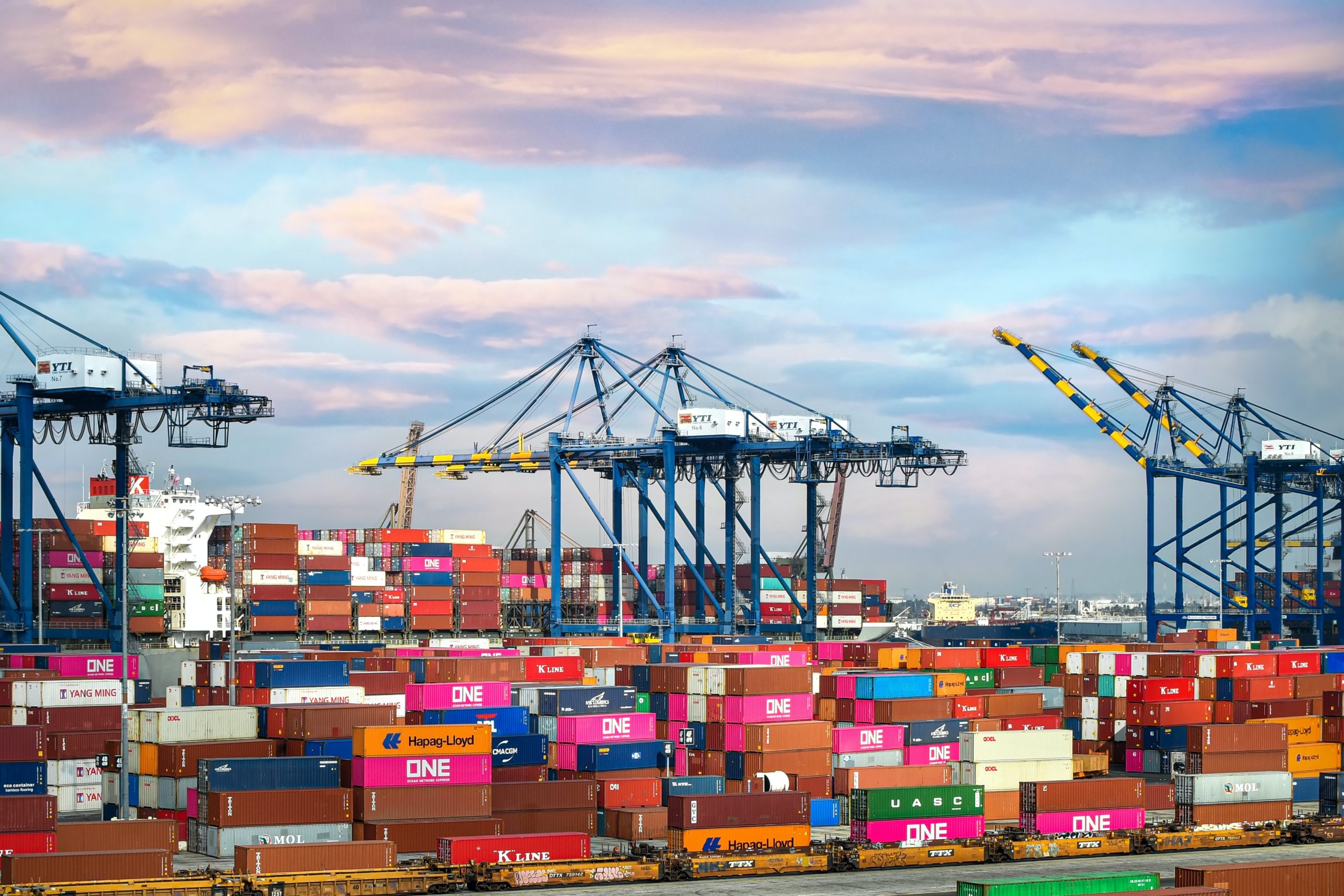There are many cornfields cultivated by foreign farmers in Latvia, and further projects for the creation of farms and pig farms are underway.
Latvia has a lot of undeveloped territories, low production costs, and a big Russian market right next door. Many farmers who have invested in Latvia and built modern and efficient farms have used these assumptions as a starting point. It’s crucial to remember as a foreign investor that developing idle land comes at a significant price. Getting production up to a reasonable level takes a long time and a lot of resources, and the absence of revenue can be difficult to fund. It’s best to concentrate on farmland that’s already in a strong crop rotation, but if you want to cultivate idle property, you’ll need a solid equity foundation. The laws in Latvia are a little different from what you’re used to. Even though Latvia is part of the European Union, they’re not the same. It can also be different than what one is used to when it comes to the documentation that the government wants. The most crucial thing to keep in mind before starting a business in Latvia is that it will be a foreign operation.

Although Latvian law adheres to EU regulations and directives, there are current laws that differ from those in one’s native country.
Significant disparities that incorporate traditions and mentality can also be observed. Agriculture in Western Europe has evolved over hundreds of years, whereas Latvia has only returned to market conditions in the last two decades. It is also unavoidable that it has an impact on citizens’ perceptions of business and business culture. It is also reasonable to suppose that there is a shortage of competent personnel in Latvia, particularly in agriculture, who are capable of working with massive contemporary machines and technology. This implies that time and effort must be invested in staff training.
Managing one’s investments and projects is very crucial. Farmers often have excellent professional competencies and a high level of trust in their employees, although they lack leadership abilities in some circumstances. The Latvians frequently require a role model for monitoring, decision-making, and accountability.
The success of Latvian farmers can be explained by the fact that Latvia offers a wide range of opportunities. To begin with, land can be purchased for a reasonable price. Second, because Latvia’s production and labor costs are relatively cheap, a better yield can be achieved with modern agricultural machinery and efficient management. Next, because Latvia is a member of both the EU and NATO, investors can feel secure in their investments.
In addition, Latvians can apply for EU funding for a variety of development projects.
Because Latvia’s rural areas are still underdeveloped, foreign farmers have a lot of economic options. For example, one can set up intense agricultural production, including cow breeding, and produce items for both local consumption and export. Because Latvia’s rural areas are ecologically pure, it is also expected that the manufacture and export of high-quality organic products to Western European countries will be a major priority area.







